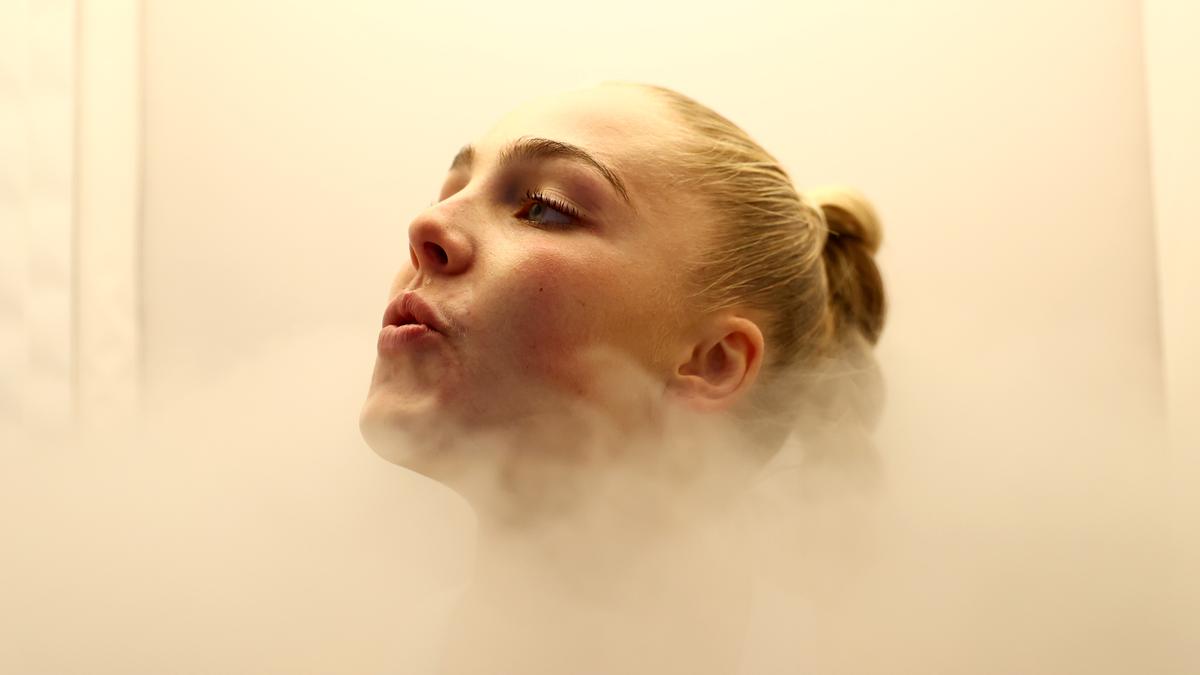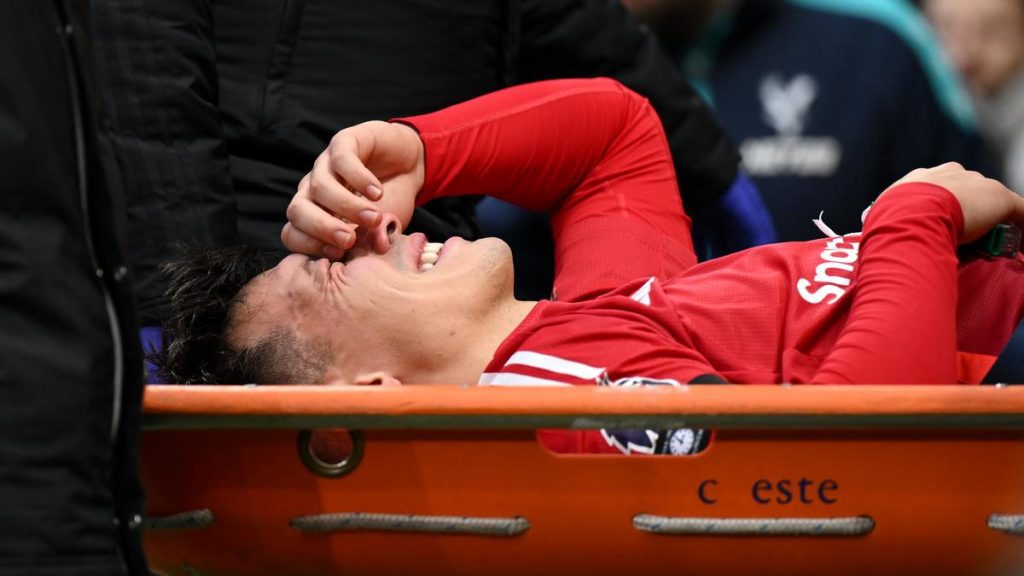Importance of recovery of athletes: Discussing strategies to ensure sportspersons recover on time


Importance of recovery of athletes: Discussing strategies to ensure sportspersons recover on time
Fitness + Recovery = Performance. This is the mantra to follow when embarking on a training journey. It’s essential to train hard, train smart, and recover smart.
In recent years, there has been a growing emphasis on recovery rather than feeling guilty for missing a session. With technology now widely used in fitness, it’s easier to identify the appropriate recovery time and method to prevent injuries and improve performance. Better recovery is directly proportional to better results.
With a wide range of recovery and planning protocols available today, choosing the most suitable one for your needs has become an art in itself. There are many proven strategies that promote faster recovery and greater gains. Here are some commonly used methods embraced by elite athletes and beginners alike.
Living in a region with high heat and humidity can be challenging enough, and the idea of adding steam or sauna sessions might seem excessive. Nevertheless, these practices offer undeniable benefits.
Benefits:
Start with 5-10 minutes per session, ideally on a day that does not precede heavy training. Gradually increase to 20-30 minutes at temperatures between 120-180° F, 2-3 times per week.
Just make sure to stay well-hydrated before and after sessions and pay attention to your body’s signals to avoid overexertion.
Shifting gears and flooring the accelerator to the opposite side of the spectrum, cryotherapy has become quite popular in recent years. Having encountered many studies both for and against it, we shall leave it to the individual athlete’s comfort zone and needs.
Benefits:
Many studies have shown that power output and work capacity improve significantly when post-workout cryotherapy sessions are performed regularly. Cryotherapy can also boost recovery.
The duration of cryotherapy depends on the method you choose. If you opt for a cryotherapy chamber, you will only need around two minutes to get the job done.
Cryotherapy chambers are extremely cold, so you don’t want to spend too much time in one, as you could end up with frostbite.
If you use the ice bath method, you can spend 10–15 minutes sitting in the bath to gain the benefits. Of course, this method is much cheaper and can be done from the comfort of your home. In a cryotherapy chamber, five minutes may seem like an eternity. Start with shorter durations and gradually add 30–60 seconds each time until you reach your target.
You have probably seen plenty of people using foam rollers and may even have noticed others using massage guns to limber up their muscles. While these tools might not directly improve your fitness, they do appear to have considerable benefits for recovery.
Research has shown that foam rolling can reduce the pain associated with delayed onset muscle soreness (DOMS). Similarly, massage has been found to improve range of motion, recovery, and DOMS when performed between training sessions. By incorporating massage, you can keep soreness at bay.
This process not only helps you feel better physically but also provides a mental boost, enabling you to train more effectively. Even if the benefits are partly due to a placebo effect, they are still worthwhile nonetheless!
One of the best recovery methods you can incorporate into your life is optimising your sleep. Many people overlook sleep because it’s a normal part of life, but they often fail to recognise its importance when it comes to recovery.
Research has shown that poor sleep leads to slower and less complete recovery from training and reduces pain tolerance by up to 15 per cent. On the other hand, getting more sleep has been shown to significantly improve athletic performance. The general recommendation is 7–9 hours of sleep per night. Sleep quality is of prime importance — not just lying in bed tossing and turning.
Tips to enhance sleep quality
By following these tips, you’ll enjoy a great night of uninterrupted sleep, helping you recover and feel refreshed each morning!
Training hard to become stronger and fitter is only half the battle; you also need to fuel your body appropriately. Unfortunately, many people put a great deal of effort into their training but just sort of hope for the best when it comes to their nutritional habits. This approach is an appetite for destruction.
It’s a no-brainer that you need an adequate amount of calories to fuel your workouts, but nutrition goes far beyond calorie intake. Whether it’s protein, carbohydrates, fats, minerals, trace elements, or even hydration, all play a crucial role in optimising your performance and recovery.
The quality of the food you eat matters too. For instance, if your goal is to build strength and muscle, you must consume sufficient high-quality protein to support muscle growth and recovery.
Equally important is ensuring you get the necessary vitamins and minerals. This is where eating a variety of fruits, vegetables, and whole, nutrient-dense foods becomes essential. Proper nutrition fuels proper performance throughout the season.
Training and recovery are two sides of the same coin. Neglecting one in favour of the other, or not giving both the attention they deserve, can result in complications and undesired results.
Enhancing recovery protocols leads to improved performance over time. It’s important to remember that each athlete’s needs are unique, and recovery strategies should be customised, much like periodic workout schedules. These should also be aligned with the needs of the hour.
Whatever methods you choose to adopt or improve, you can be confident that doing so will lead to noticeable gains and better performance from your training efforts!










